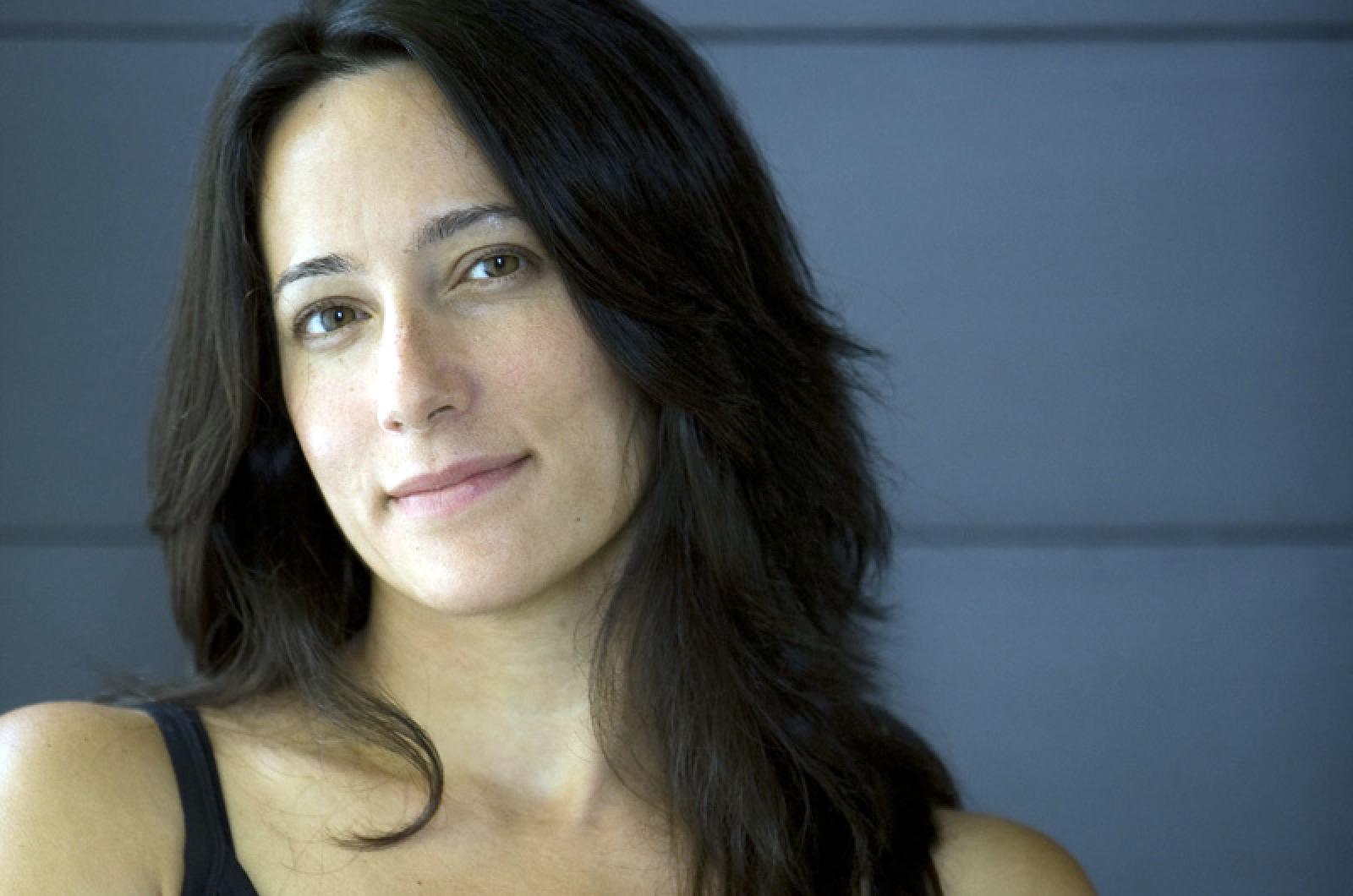Danzy Senna’s latest novel, New People, occupies the uneasy space between horror and humor.
“I like that slight feeling of anxiety that those two poles create,” Ms. Senna said.
At the novel’s center is Maria, a graduate student at work on her dissertation about the Peoples Temple, the multicultural utopian movement led by Jim Jones that ended with a cataclysmic mass murder/suicide at Jonestown in Guyana in 1978.
Maria has a promising career and future ahead. She is engaged to be married on the Vineyard. In the midst of planning her wedding, however, she develops an infatuation with a poet in her milieu. Her obsession unfolds throughout the novel.
Discussing her inspiration for New People, the author said: “I’m interested in the cults that are called cults and those things that are kind of culty in our lives, and sort of lessen our ability to think clearly and make us lose our independent, logical, critical minds.”
She continued: “I had been really fascinated by Jonestown for a long time before I wrote this book. I was born in 1970 and came of age in a very liberal, multicultural family. It felt like this sort of ghost story. It was this multicultural utopia gone wrong.”
As Maria studies Jonestown, she and her fiancée Khalil are themselves put under the lens as subjects of a documentary film called New People, which chronicles the lives of multiracial people. The filmmaker suggests the project has its own ideological bent: “That will be implicit, that a new race will be born from these new people.”
The promise and false promises of multiculturalism are central to the novel. As part of this project, Ms. Senna explores through her characters identity and its signifiers.
In one scene, Maria gets a perm. “The curls make her look more biracial than she did before,” Ms. Senna writes.
“I’ve always been amused by ideas of authenticity, and finding those places where you can find the artifice of identity and kind of start to deconstruct it a little bit,” she said.
She continued: “The way that identity can become a commodity almost, in a social world, and people can kind of use it for purposes that they don’t acknowledge, those are very fascinating dynamics to me as a writer.”
Ms. Senna said incorporating the Vineyard into the novel as the site of Maria and Khalil’s impending wedding was part of this exploration. “It just fit perfectly in terms of social roles I was trying to draw,” she said.
She is also closely familiar with the Island, having spent time on Martha’s Vineyard every summer since she was a child. Her mother is the poet Fanny Howe, a longtime Vineyard resident until only recently.
“My mother is white and my father is black. My mother kind of wanted a vacation place in the summer that was going to be really diverse, and where we were not going to stand out as a family. And I think for a lot of African American and mixed race families, the Vineyard has always been a really kind of unique space,” Ms. Senna said.
She said her personal history is inextricable from her work. “I never made a choice to write a book about race or gender . . . . it’s just, it would be bizarre for me not to be writing from my own world view.”
The tone of New People vacillates between comic and hysteric. Early in the novel Maria cites Juvenal, the ancient Roman poet, as she ponders her research: “Nobody becomes depraved overnight.”
As much as the quotation applies to Jonestown, it could apply equally to Maria.
“For me, it was just so much fun to write a bad girl, and to write a woman who was actually doing the wrong thing, like that was somehow strangely liberating and sort of empowering for me as a writer,” Ms. Senna said. “We all have that kind of darkness and those impulses.”
Danzy Senna will speak on Saturday at 3 p.m. at the Harbor View Hotel, and on Sunday at 10:15 a.m. at the Chilmark Community Center.








Comments
Comment policy »